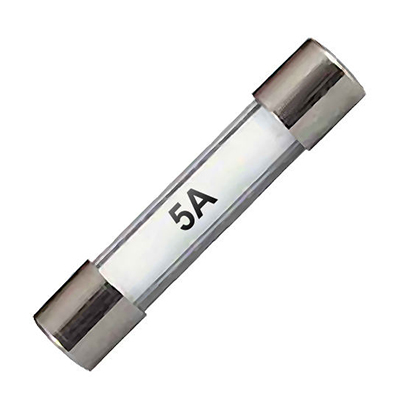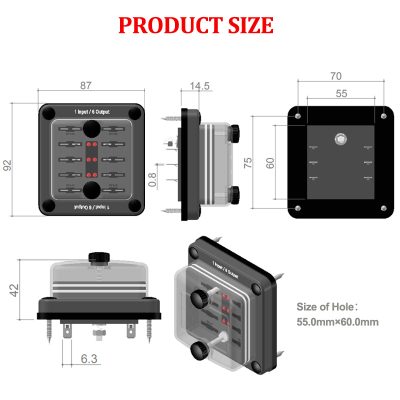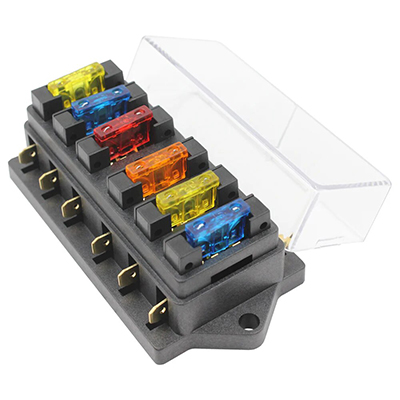Critical Role of Current Fuses in Safeguarding Automotive Charging Systems
News 2025-10-24
Current fuses play a vital role in automotive charging systems by protecting against electrical faults that could lead to fires, component damage, or system failures. As vehicles become more electrified, with complex charging infrastructures, the need for reliable overcurrent protection has intensified. These fuses are designed to interrupt excessive current flow quickly, ensuring the longevity and safety of batteries, wiring, and other critical components in both traditional and electric vehicles. Understanding their function is key to maintaining optimal performance in modern automotive designs.

Applications in Automotive Charging Systems
In electric vehicles (EVs) and hybrid models, current fuses are integral to high-voltage charging circuits, such as those used in DC fast charging stations. They prevent damage from short circuits during rapid energy transfers, which can occur due to connector issues or internal failures. In conventional vehicles, fuses protect alternators and battery management systems from overloads caused by faulty wiring or accessory demands, ensuring consistent operation under varying driving conditions and enhancing overall system reliability.
Performance Advantages of Current Fuses
Current fuses excel in providing fast interruption of circuits, often within milliseconds, to limit damage from surges. Their construction with durable materials allows them to endure extreme temperatures, vibrations, and corrosive environments typical in automotive settings. Moreover, precise current ratings enable tailored protection that avoids unnecessary disconnections, improving efficiency and reducing downtime. This combination of speed, durability, and accuracy makes current fuses indispensable for advancing safety and performance in automotive charging technologies.
Frequently Asked Questions
1. What is the primary function of a current fuse in automotive systems?
The primary function is to protect circuits by melting and breaking the connection when current exceeds safe levels, preventing overheating and potential fires.
2. How do current fuses differ from circuit breakers in cars?
Current fuses are one-time use devices that melt away, while circuit breakers can be reset, offering reusability but potentially slower response times in automotive applications.
3. Why are current fuses crucial for electric vehicle charging?
They safeguard high-voltage components from faults during charging, ensuring user safety and preventing costly damage to batteries and infrastructure.


